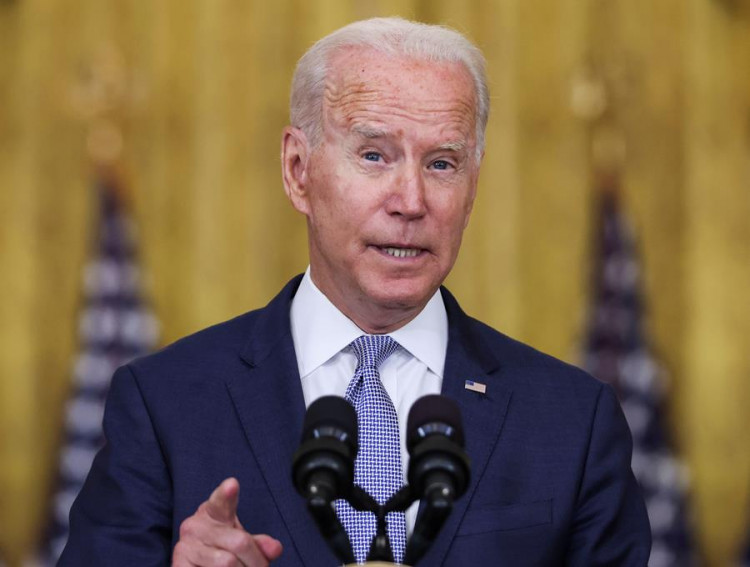The Biden administration is weighing its options in response to a drone strike in Jordan, attributed to Iranian-backed militant groups, that resulted in the deaths of three U.S. soldiers. The incident marks a significant juncture in the U.S.'s ongoing engagement in the region, placing President Joe Biden under increasing pressure to navigate a response that both deters future aggression and avoids igniting a broader conflict.
The attack, a stark reminder of the volatile dynamics at play, has intensified the scrutiny on the administration's strategy towards Tehran and its proxies. National security spokesperson John Kirby outlined the administration's stance in a briefing, emphasizing a commitment to defensive measures while avoiding unnecessary escalation.
"We do not seek another war. We do not seek to escalate. But we will absolutely do what is required to protect ourselves... and to respond appropriately to these attacks," Kirby stated, signaling a careful approach to the unfolding situation.
The strike's timing and location add layers of complexity to an already intricate geopolitical puzzle. Coming amid the Israel-Hamas conflict that began in October, this attack on U.S. personnel - the first such fatalities since the war's start - has thrust the Biden administration into a precarious position, balancing the imperative for a strong response with the risks of wider regional fallout.
In the aftermath of the strike, President Biden convened with key national security advisers, including National Security Adviser Jake Sullivan and Defense Secretary Lloyd Austin, to deliberate on the U.S.'s next moves.
The discussions underscore the gravity of the situation and the administration's cautious approach to military engagement. Kirby, while refraining from detailing potential military actions, underscored the incident's significance: "This attack over the weekend was escalatory, make no mistake about it. And it requires a response, make no mistake about that," he affirmed, without preempting the President's decision-making process.
The Pentagon's identification of the slain soldiers as Sgt. William Jerome Rivers, Spc. Kennedy Landon Sanders, and Spc. Breonna Alexsondria Moffett, all stationed with the 718th Engineer Company, 926th Engineer Battalion, 926th Engineer Brigade, based in Fort Moore, Georgia, has brought a personal dimension to the strategic deliberations, reminding the nation of the human cost of its foreign engagements.
This incident has rekindled debates within the U.S. political sphere, particularly among Republican lawmakers who have criticized the administration's handling of Iranian provocations and called for a more decisive response.
The attack has also become a point of contention in the broader political narrative, with former President Donald Trump attributing the aggression to what he perceives as the current administration's weaknesses.
Experts like Ali Vaez of the International Crisis Group have speculated on the potential nature of the U.S. response, suggesting that while direct action on Iranian soil remains unlikely due to the risk of escalation, the administration might opt for targeted strikes on Iranian interests in neighboring countries. This nuanced approach reflects the broader strategic dilemma facing the U.S.: how to effectively counter Iranian influence without triggering a larger conflict.
As the Biden administration continues to weigh its options, the international community remains on edge, watching closely how the U.S. will navigate this latest challenge in a region marked by longstanding conflicts and delicate power balances. The decisions made in the coming days will not only have implications for U.S.-Iran relations but also for the broader stability of the Middle East.






